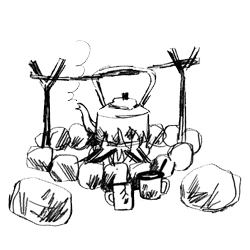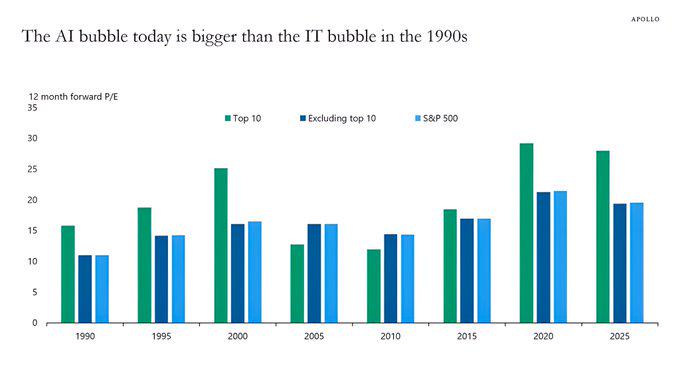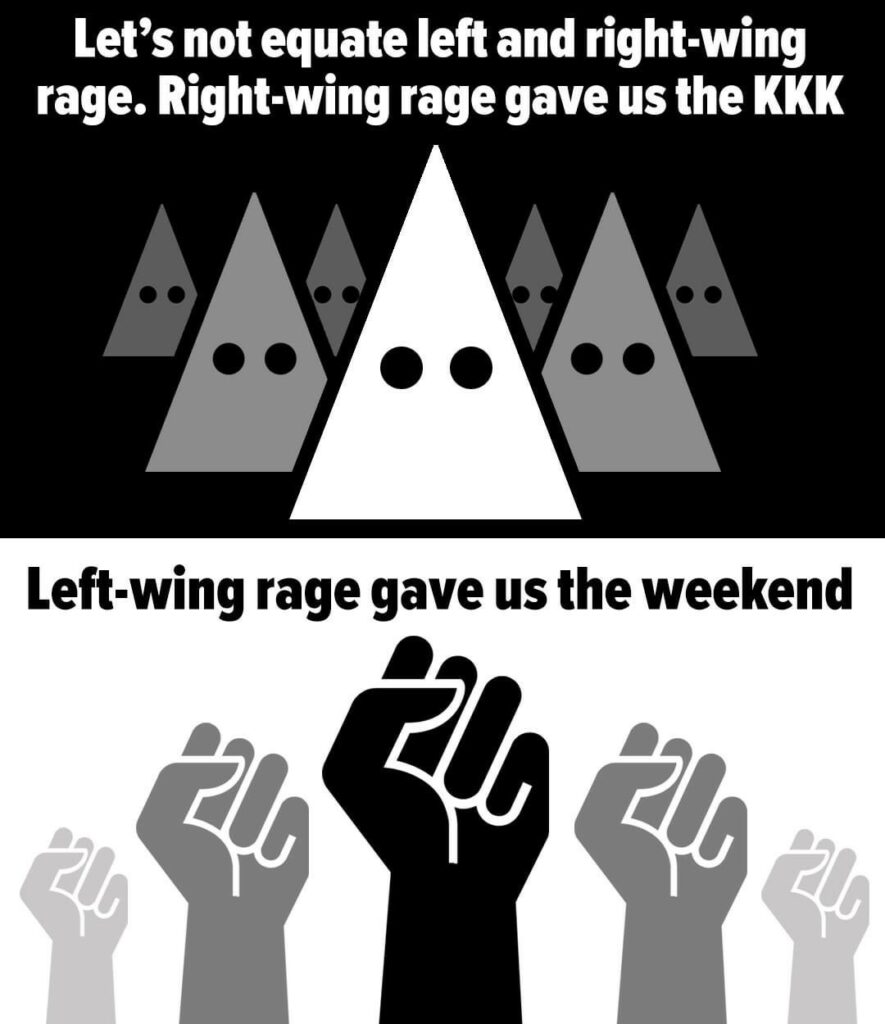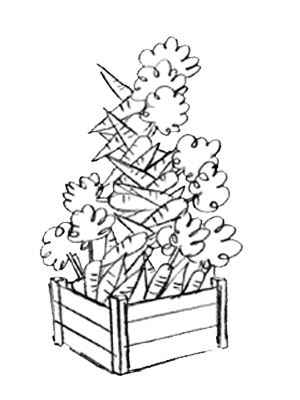Let’s try some metaphors (was looking for a Star Wars meme but find them horribly right-wing, we have made a real mess of this)
A long time ago, in a network not so far away… The internet was alive with wild diversity. Countless small worlds of the #openweb – linked by trust, shared roots, and messy, beautiful collaboration.
This #FOSS federation of commons was rising… until the Soft Empire came. They did not come with star destroyers and stormtroopers. They came with funding proposals, frameworks, and friendly smiles. Their weapons were not lasers but language, phrases like “scaling up,” “alignment,” and “governance.” They promised stability, but what they brought was assimilation.
Across the #Fediverse, the #NGO Order spread the doctrine of “professionalisation,” pushing the one’s free instance into managed dependency. This “Fluffy Fleet,” draped in banners of care and civility, softly conquered all that was unruly, to replace the grassroots with “strategic partners.” Yet in the outer systems, among abandoned nodes and fading servers, a Native Resistance survived. The composting moon, a dim squat, in forests of forgotten code, still small online imaginary fires burn. Around one fire sits a circle of rebels – coders, gardeners, storytellers – the last of the Commons Stewards.
“They say ‘alignment’,” whispers one. “But what they mean is assimilation,” replies another. “We compost their words,” says the elder. “We turn control into soil for renewal.”
They speak of ancient #FOSS practices – #4opens, the sacred code of trust. Their whispered language is relational: “affinity,” “balance,” “re-booting.” They call themselves the Open Media Network (# OMN) keepers of the native web. Their mission: to expose the imperial euphemisms hiding behind “good governance,” to reclaim story telling as an act of freedom, to rekindle the federation of wild diversity across the digital web. “In the age of the Smiling Empire, domination wears the mask of care. Naming is resistance. Trust is rebellion. And compost is revolution.”

Our language is where the imperialistic paths hide
In the change and challenge of the #openweb reboot of the last few years, there are strong echoes of imperialism through #NGOs – soft domination rather than open conquest. Funding becomes a disciplining tool: if you want a seat at the table, you must conform to their norms. This is semi hidden economic and cultural imperialism inside the #openweb, pushing the path of replacing shared trust (#4opens) with institutional control.
To shovel to compost this, first, we need to look at where the Imperialistic language hides, the imperialism here isn’t overt, it’s in tone, framing, and process. You see it in phrases like: “Scaling up” or “professionalising” community work. “Creating standards for everyone.” “Ensuring governance” (but meaning control). “Bringing structure” or “alignment” to “fragmented” communities. “Representing the movement” or “speaking for the community.”
These sound neutral or even helpful, but in context they reproduce colonial logic: centralising power, erasing difference, replacing “native” messy grassroots diversity with clean, managed systems and narrowing paths that are in serves to funders and institutional interests. This is soft imperialism – language as enclosure, while framing itself as care (“we’re helping you get organised”) but, the harder reality is its ownership and #mainstreaming domestication.
In contrast, “native” grassroots languages, speak in a different tongue, open, lived, relational.
You can hear it in: “Composting” instead of “managing.” “Rebalancing” instead of “reforming.” “Native paths” rather than “standardisation.” “Affinity” instead of “alignment.” “Trust” instead of “compliance.”
That’s the language of commons stewardship, not imperial management. The clash in practice, can be seen most clearly when #NGO-fluffy or #dotcons outreach talk about “onboarding the next billion users” or “building shared infrastructure,” they’re actually talking about absorbing the commons to pull people into their world, under their definitions, within their control.
Our native path, on the other hand, speaks about bridging, federating, sharing roots, and keeping diversity alive. That’s anti-imperial by design, the tension is clear: #mainstreaming always wants to flatten difference, while we aim to amplify difference within shared openness.
In our work, with clearer naming, we can strip away the euphemisms, we can call things what they are. Imperial language real meaning: “Scaling” Colonising, “Professionalising” De-commonsing, “Governance frameworks” Control mechanisms, “Community representation” Gatekeeping, leading to “Alignment” Assimilation.
And on the positive side is commons language rooted meaning: “Grassroots governance” Native balance, “Decentralised collaboration” Open trust networks, “Interoperability” Mutual recognition leading to “Commons stewardship” Collective autonomy
The positive #KISS thing we can do is in simply naming the power play as it happens, not after it’s already shaped the story. Imperial language hides behind civility and “neutral coordination.”
Naming is power. And if we can focues to name it, we can compost it. #OMN’s job – and ours – is to expose those euphemisms and restore more native naming so we can see the social we build more clearly.
Let try to do some of this: “Invisible roots / generation change”… “…the original crew who put the real work into growing the Fediverse… are no longer invited, so become invisible to the new fluffy crew.” This is historical erasure, rewriting origins stories, to present them selves as the natural inheritor of progress. Here, “new” replaces “native.” The grassroots phase is forgotten or mythologized, allowing control to shift quietly to NGOs, corporate “helpers,” and state-aligned foundations.
Then we have “Fluffy dominance”, “…friendly, soft, smiling… but sliding into dogmatic blindness.” The language of niceness too oftern act as imperial propaganda to enforce a monoculture of tone, with no dissent, no spikiness. This becomes ideological policing through manners, a soft colonialism of behaviour.
“Zero balance”, “…third event with the same narrow people… zero balance…” Imperial projects always stabilise imbalance. “Balance” is removed, so hierarchy can harden. Here, the imbalance is cultural: those aligned with funding and institutional legitimacy dominate; those rooted in messy grassroots work are marginalised.
So we need to work to compost the imperialism, in #OMN stories, composting means turning the waste of #mainstreaming into organic soil for renewal. The antidote to imperial framing is openness and plurality: Reclaim language – stop saying “community” when we mean “closed club.”. Decentralise narrative – many voices, not one authority to re-root trust – back to the base layer, where people actually do the work. Expose the smiling empire – funding, branding, and institutional capture need transparency to reassert the #4opens – the anti-imperial charter for #OMN governance.
The future of the #openweb depends on seeing through the soft imperialism of “good intentions.” If we can see it, we can name it, then we can compost it to grow something real, grounded, and free.

#OMN #openweb #4opens #mainstreaming #grassroots #FOSS














